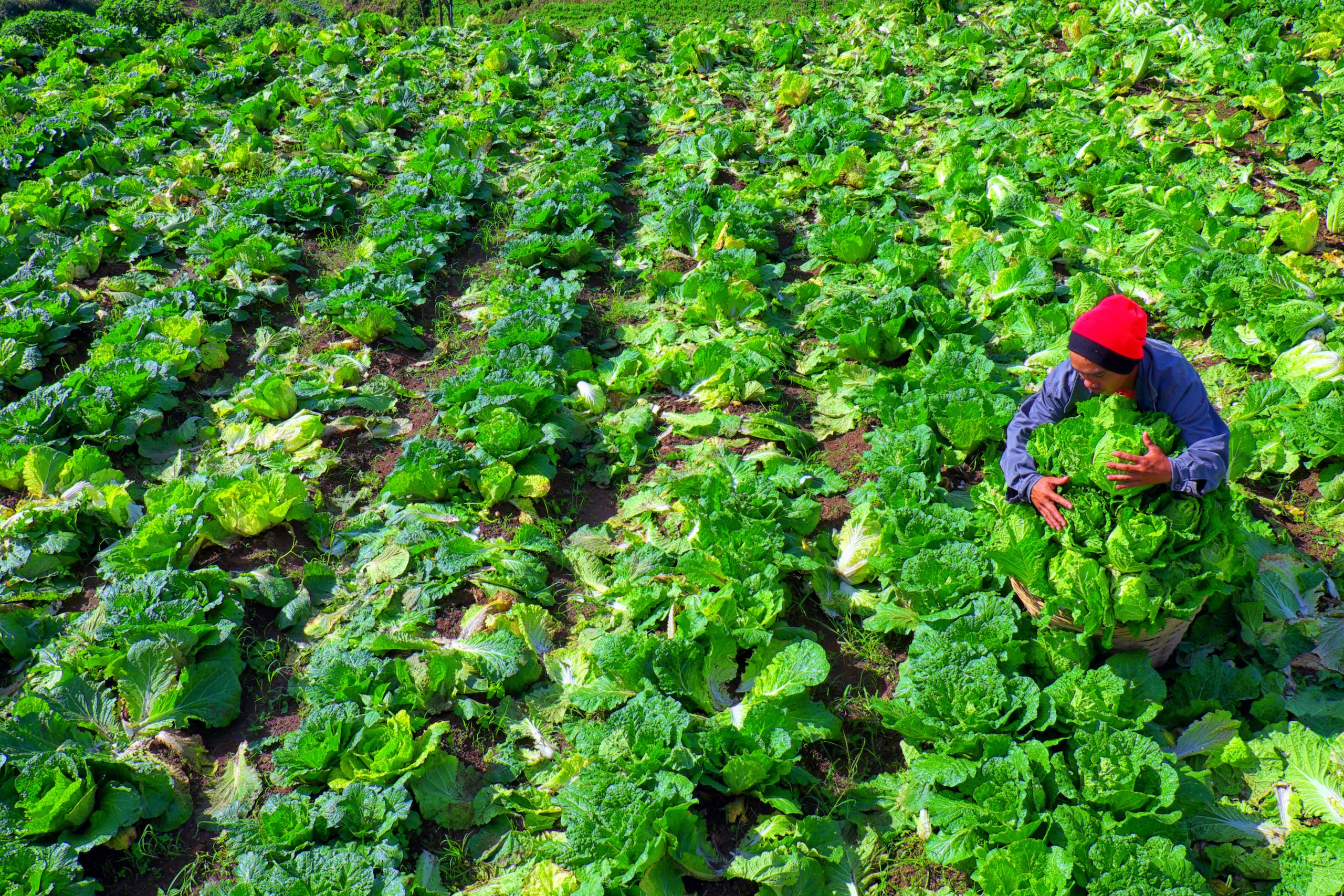
Agriculture Secretary William Dar has reaffirmed the Philippine government’s commitment in increasing aggregate public investments in agricultural innovation for climate-smart agriculture and food systems in the next three years.
“The Department of Agriculture (DA) invests modestly in mainstreaming climate resiliency as the core of all its programs and activities, attributing over $480 million (roughly P24 billion) for climate change in the 2022 GAA,” Secretary Dar said virtually during the 1st Agriculture for Innovation Mission (AIM) for Climate Ministerial Meeting, held on February 22, 2022, in Dubai, United Arab Emirates.
“The fund is 23 percent more than last year, highlighting the Duterte administration’s commitment and contribution to global efforts in curbing climate change,” the DA chief added.
More than 30 member-countries attended the ministerial meeting, including the United States, Canada, and Japan.
The AIM for Climate was first launched in November 2021 at the United Nations Climate Change Conference (UNCCC) in Glasgow, known as the Conference of Parties (COP26), wherein Secretary Dar virtually delivered a statement of official support of the Philippines to the initiative and showcased the country’s economic program for building the resilience of Filipino farmers and fisherfolk.
In this year’s AIM ministerial meeting, Secretary Dar took the opportunity to remind governments and policymakers on the urgency of accelerating agricultural research and development (R&D) and innovation to help raise global ambition and underpin more rapid and transformative climate action in all countries.
“Sustainable food systems highlight the vastness and interdependence of all links in the agriculture value chain and the many factors of food production and consumption. This is a gargantuan task, thus the shared climate agenda can no longer be postponed,” he said.
“In the Philippines, we at the ‘OneDA Family’ have centered our climate change and resiliency agenda on strengthening agriculture research for development – including the establishment of biotechnology centers for crops, livestock and fisheries,” added the DA chief.
The Philippine government is also working with various telcos in strengthening of telecommunications infrastructure for providing climate information service and capacity-building on productivity-enhancing technology, he said.
The “OneDA Family” is also steadfast in providing credit and insurance for climate adaptation, creating geospatial database, establishment of climate-proof facilities, as well as publication and distribution of agriculture and fishery maps to aid farmers and fishers in the fight against climate change, Secretary Dar said.
“We aim to implement these plans through knowledge exchange, science uptake, and public-private partnerships. We are also scaling up and sustaining our grassroot flagship climate program, dubbed as AMIA or adaptation and mitigation initiative in agriculture,” he added.
To date, 130 AMIA villages have been established nationwide, said director Alice Ilaga of the DA Climate Resilient Agriculture Office (CRAO).
She said that under the inter-agency “Balik Probinsya” program, the DA uses the AMIA village approach, allotting P1 B in 2021 and 2022.
“The Department will continue its initiatives to reduce the impact of climate change through its CRAO, particularly in the establishment of more AMIA villages in vulnerable regions,” Secretary Dar said.
“We must introduce adaptation and mitigation measures to communities rather than to individual farmers and fisherfolks, where communities facing similar climate risks are provided with tailor-fitted, integrated support service,” he concluded. ### (Jewel Labita, DA-CRAO / DA StratComms)














